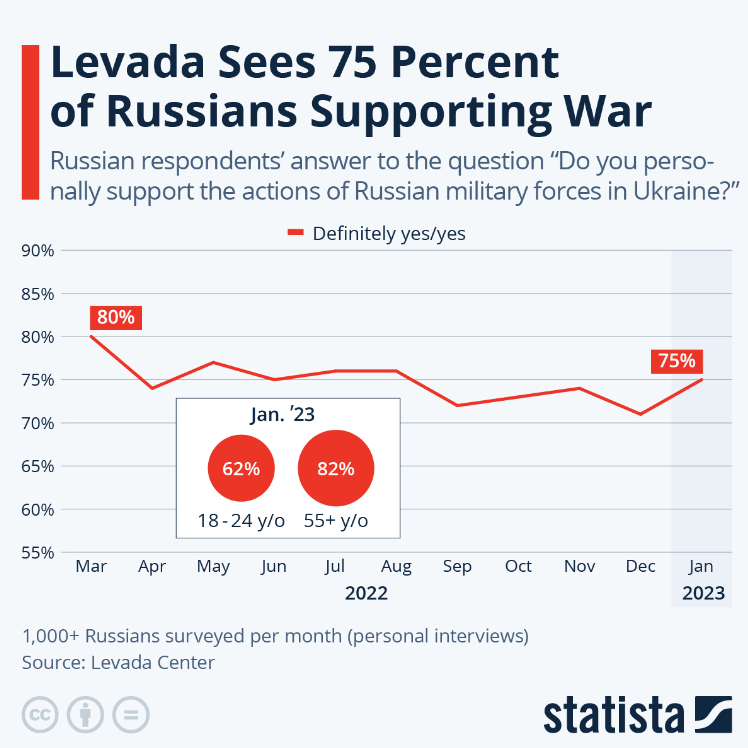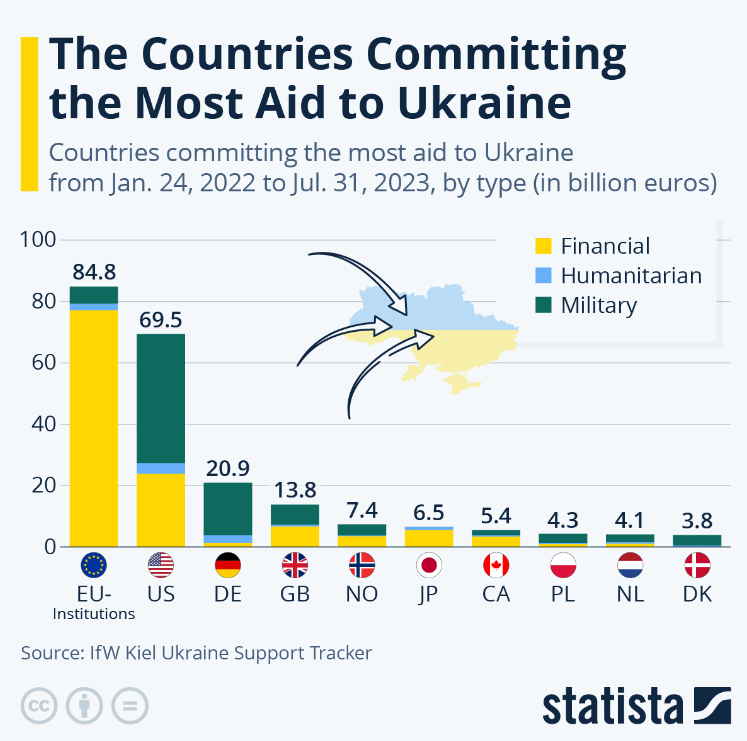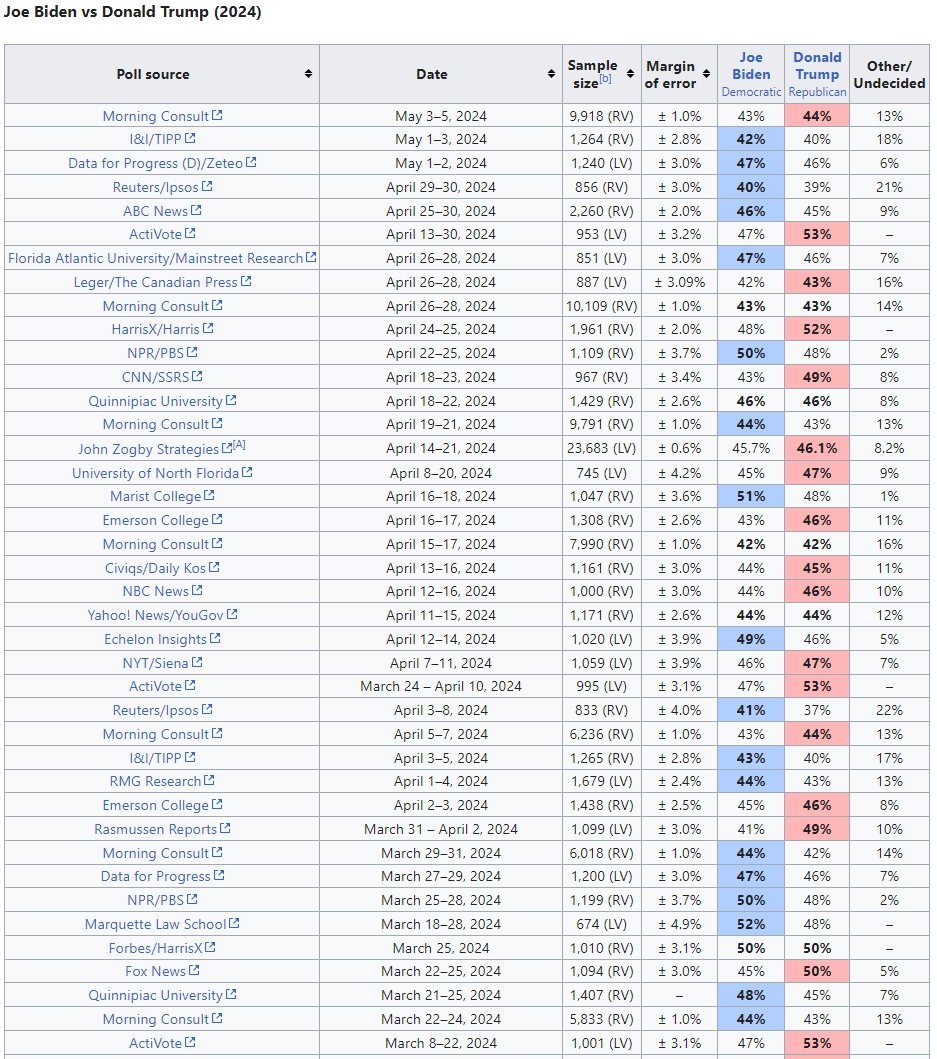Previous Subchapter → Chapter 10o Introduction
So, here we are, we’ve just about reached the end of our series on this conflict, we’ve covered the history, the narratives, the context surrounding the Neo-Nazis and the far right extremists, but before we close out there’s something you still probably want to know, how does this war actually end?
Let’s make something clear, the Russians won’t get what they wanted out of the war, their primary goal was to turn Ukraine into a weak proxy state, and stop its Westward turn, their territorial claims in Donbas, and later Kherson and Zaporizhia, were secondary.
That primary goal is no longer a realistic possibility, the hope for Russia of achieving it died after Ukraine survived the first few weeks of combat.
So now, Russia’s definition of victory is something different, the goal now is maintaining those territorial claims and making them permanent, as buffers keeping Russia proper a healthy distance away from Westernisation in Ukraine, a goal that doesn’t match their original aims, but is something that could potentially be sold to the Russian people as a win.
Ukraine’s definition of victory is much more ambitious: Recovering all territory lost since 2014.
So we have 3 possible scenarios ahead of us, a Ukrainian victory, a Russian victory, or a frozen conflict, where the territorial questions aren’t settled and control of the 4 disputed regions is split between Ukrainian and Russian forces.
Which of these outcomes is more likely depends on the views of ordinary Russians and Ukraine’s Western backers.

Independent polling suggests that 75% of Russians are still pro war, but we have to remember that these polls are in a country where anti war sentiments can lead to very harsh punishments, anti war Russians are less likely to tell pollsters their real views when they remember that anti war statements can get them 3 years or more in a prison cell.
What Russians really believe will determine how long the Kremlin can continue its efforts, and it’s likely that if the war goes on for a long time, people will start asking what they’re having to sacrifice so much for, and anti war defiance will rise.
As for the Ukrainians, they have clearly put up much more of a fight than any outside observers were expecting, but they’ve only been able to do that thanks to the vast amounts of Western military aid they’ve been shipped, aid that allows them to level the playing field against Russia, by replacing age old Soviet-era hardware with modern equipment.

Almost all of that military aid comes from the US, and whether that aid continues depends on the US elections next year. While the current US leadership from the Democratic Party is strongly onboard with continuing aid to Ukraine, their rival the Republican Party is not, Donald Trump has openly said he would’ve allowed Russia to take Ukrainian territory and the Republican Party has frequently criticised what they call “blank cheques” being written to Ukraine.
This is because as Conservatives, many Republicans sympathise with Russia’s conservative mentality, focusing their hatred on the Communist ideology of China, as a result when choosing which of the USA’s main Cold War rivals to prioritise, they are much more focused on China, while the Democrats with their more liberal mentality are focused on Russia.
The so-called “Russiagate” scandal of 2016, where Russia was exposed as attempting to influence the 2016 US election, an event dismissed by Republicans and sensationalised by Democrats, and the more recent personal scandals over the Biden family’s past dealings in Ukraine, have further deepened this difference in priority.
And this is what Russia is banking on, a Trump style wrecking ball that turns the US into an erratic country which its Western Bloc allies in Europe can’t rely on.
Polls for the 2024 election have put the two parties at a 50/50 split, meaning that continued US support for Ukraine is uncertain. If US aid is cut, Ukraine would depend on European allies to pick up the slack and maintain the challenge against Russian power grabs.

But like the US, Europe is also very divided on this issue, some European countries are strongly in favour of carrying on aid to Ukraine, others strongly against, others 50/50, continuing to justify support for Ukraine will be an uphill battle for politicians, because despite the media generally being very supportive of Ukraine, many Europeans are still sceptics, mostly because Ukraine isn’t a historic ally of the West.
Despite its aspirations, Ukraine isn’t a member of NATO, the EU or any other Western alliance, go back a decade and it was still closer to Russia, go back 2 decades more and it was still part of the USSR, a historic rival to the West, so aid to Ukraine isn’t seen as a necessity, it’s a choice.
And the willingness to make that choice has been dampened by the experience of the “forever war” that was the War on Terror, which turned many people into cynics, the Terror War was a prolonged conflict with an unclear end point, and there’s a fear that the Ukraine War could become something similar.
Despite Pro-Ukraine activists making appeals to World War 2, warning that anything less than unconditional surrender will mean NATO countries will be next, most people realise that thanks to the nuclear deterrent an unconditional surrender from Russia isn’t going to happen, and neither is a Russian advance into NATO countries, because with the threat of a nuclear holocaust hanging over our heads, the Ukrainians can’t march to Moscow to end all this, and the Russians can’t march to London or Washington.
So with the maximalist aims of the Pro-Ukraine side being ambitious at best, many are fearful of another forever war if Ukraine is continually being supplied with weapons instead of being pushed to the negotiating table.
This cynicism is perhaps misplaced, because even though most of the conflict has been marked by brutal stalemates and extremely slow progress, the Battle of Kyiv and the September 2022 counteroffensive have proved that the Ukrainians can produce results if given the tools to do so, but nonetheless there is a question in the West if we can or should be in this for the long haul or not.
And it’s not just about resources or money, the West has been expected to sacrifice more than that, we’ve been expected to sacrifice truth itself through self-censorship as part of the “wartime mentality” where we maintain morale for the Ukrainian cause, and this has caused a lot of frustration among some Westerns, especially given that trust in the media has already been at a low for some time, misleading people on behalf of a country that treats its new allies like an Amazon shopping list is slowly becoming more and more unpopular to do.
So this is essentially a war of attrition, the Ukrainians are willing to keep going, and likely will be for a long time to come, so it comes down to a question of which population will buckle first, that of the West, or Russia, there’s a pressure to produce results before enthusiasm runs out.
The next question to ask is, what would be the impact of each of these outcomes?